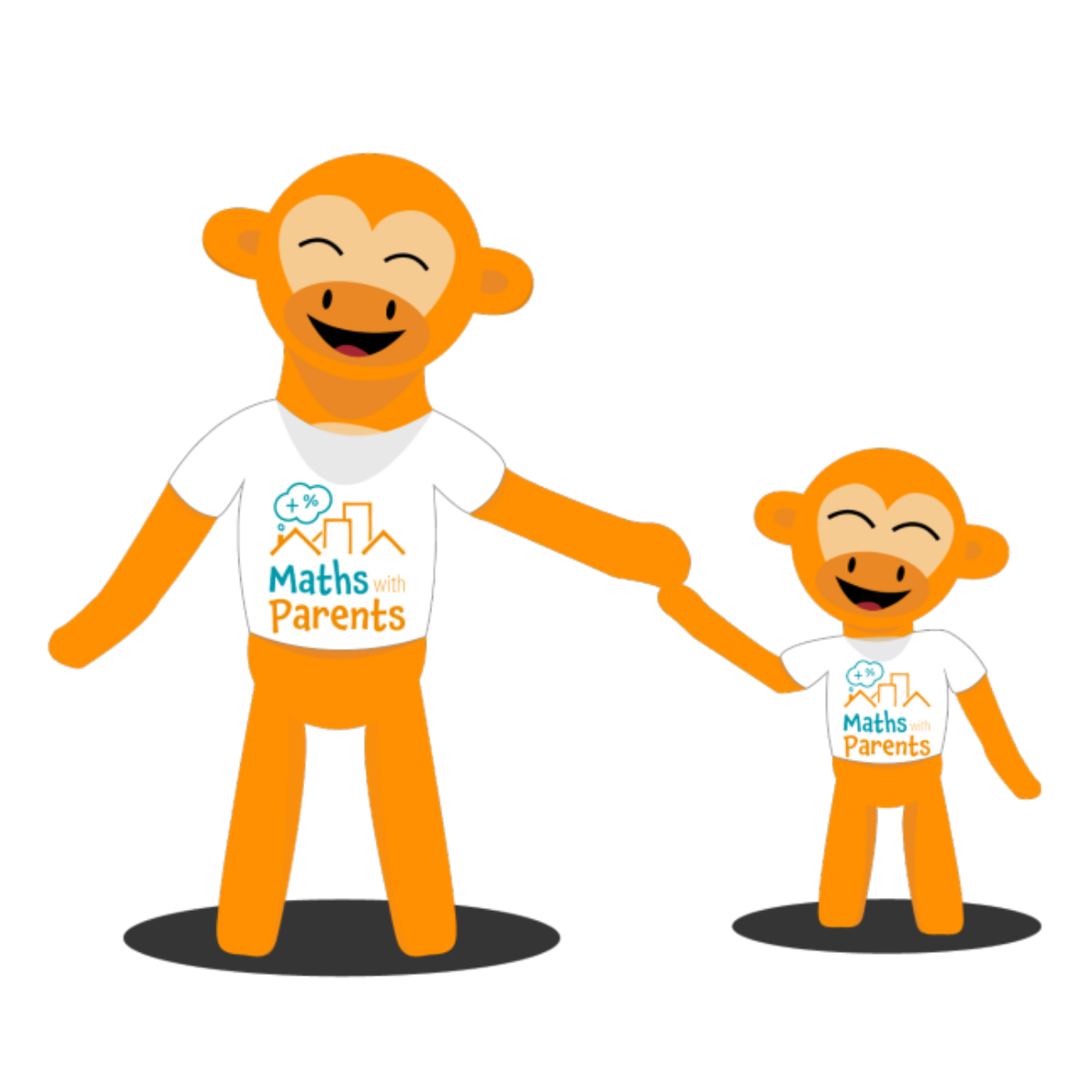
Lucy Preston, Programme Director at Learning with Parents, explores alternatives to manipulatives for home learning
Manipulatives are a great way to support pupils in developing a deeper understanding of their learning. However, in the current climate and with children learning at home, we need to find great alternatives.
Our Maths with Parents activities are designed to develop mastery. They replace special maths equipment with everyday objects that can be found at home.
Using everyday objects is more fun, encourages the pupils to be imaginative, and helps them to develop independence in their learning.
Mastery aims to ensure pupils can apply their maths across a variety of topics. By exploring these using different physical aids, we can support them to do just this.
We cannot assume that families have specific objects at home. Many homes won’t have a printer. Pencils and paper can even be hard to come by. To ensure no families are excluded, suggest alternatives which will suit different families.
Different objects will be more suitable for some families than others.
For some, using food such as grapes or bits of pasta will be a great way of exploring concepts such as 'more or less', or 'regrouping'. In some cultures however, handling your food is not deemed appropriate.
When thinking of resources, it's important to consider the cultural norms within your class and offer a range to meet everyone’s needs.
Consider how pupils may interpret the mathematical value of the object. For example, pebbles could be great, but some may be bigger than others. Think of the different ways these objects could be interpreted to take care not to create any misconceptions.
Especially in EYFS and Key Stage 1, there are so many opportunities in everyday life to explore number.
Pairs of socks, fingers on gloves, sharing in a meal or a teddy bear picnic can all be great ways to get creative when exploring number.
Some of our favourite physical resources include dried pasta, toy cars, Lego, teddies, cutlery, socks, twigs, and leaves.
Visit the Maths with Parents website or check out our twitter @maths_parents to see more of our activities in action.
Mathematics Mastery are delighted to be working with Learning with Parents who offer the Maths with Parents programme.
They work with teachers to provide home learning resources and support for parents, to ensure that all children are effectively supported at home to reach their academic potential.
Related Posts